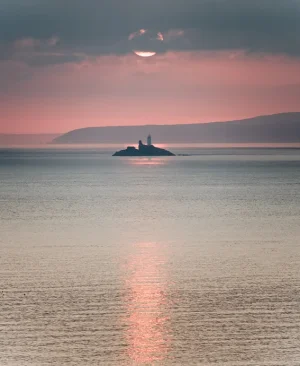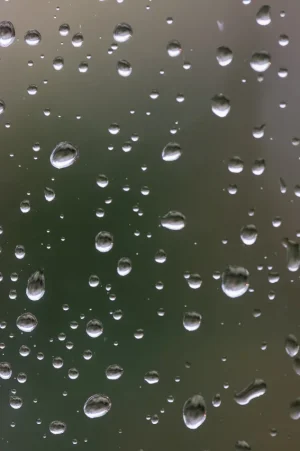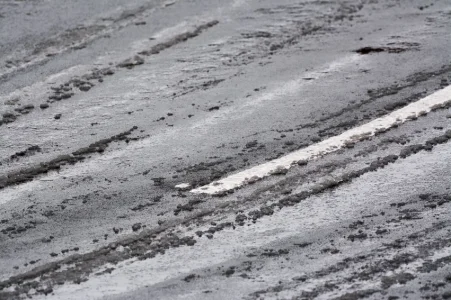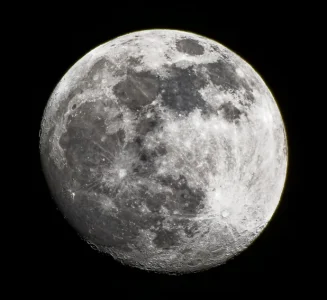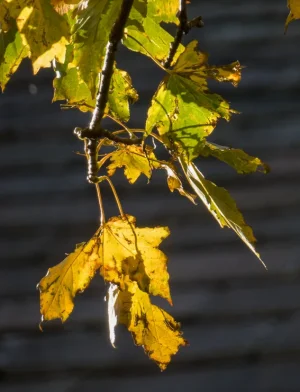John K
Donor
- MBTI
- INFJ
- Enneagram
- 5W4 549
I do - and there is profound truth in what you are saying. I see it acutely in my photography where a very slight change in a composition can make the difference between complete success and miserable failure. But that doesn’t mean that there can’t be forms of beauty where this doesn’t hold. I certainly have a profound perception of beauty in many things that are constantly changing - like the weather - and other people too seem to find them beautiful so it isn’t purely solo subjective. But this goes back to my earlier post where I suggest that beauty is only present when internal and external events are brought together in a personal perspective. Many people do not like Beethoven’s music and don’t find it beautiful at all in whatever variant (death’s too good for them of courseI would argue that clouds are not objectively beautiful since if they were, Beethoven would have been mistaken that he made real errors in his waste paper pile. He would have been wrong that he was making real improvements to his music. Do you see the problem?



